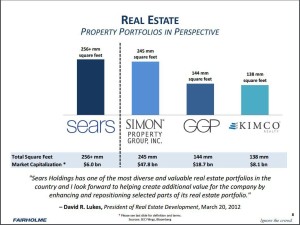(Bloomberg)—Last month a Houston-area entrepreneur took to Craigslist with a surprising offer: For $50,000, the author of the listing would part with 5 percent of a real estate crowdfunding startup that he said would generate profit within three months. It doesn’t take a lawyer to suggest that Craigslist might be a bad place to source startup investments. (The author of the post wasn’t available for comment when this story went to press.) But the post illustrates what some real estate investors have noticed: These crowdfunding platforms are everywhere.
Inside the Real Estate Crowdfunding Land Rush
Investors used U.S. real estate crowdfunding platforms to pour $484 million into real estate projects last year, according to research published last month by the Cambridge Judge Business School. That’s more than three times the amount in 2014. Meanwhile, the U.S. has more than 125 real estate crowdfunding sites, according to Jason Best, a partner at Crowdfund Capital Advisors, who helped conceive the framework for crowdfunding. Less than three years after the JOBS Act made it legal to solicit investments online, real estate crowdfunding sites are all over the place.
Kind of.
The idea behind crowdfunding, whether for gadgets on Kickstarter or medical procedures on GoFundMe, is to create an online place where people who need money can meet people who have it. In the case of real estate, that often means house flippers who buy, renovate, and sell single-family homes seeking loans from accredited investors—roughly speaking, people who make enough money that they can afford to lose some of it. Some platforms also let investors buy equity stakes in real estate projects or fund loans for larger commercial projects. At least two companies, Washington-based Fundrise, and Atlanta-based GroundFloor, have created mechanisms to let anyone invest, not just rich people.
View entire article at National Real Estate Investor
To find out more about various real estate financing options contact Liberty




